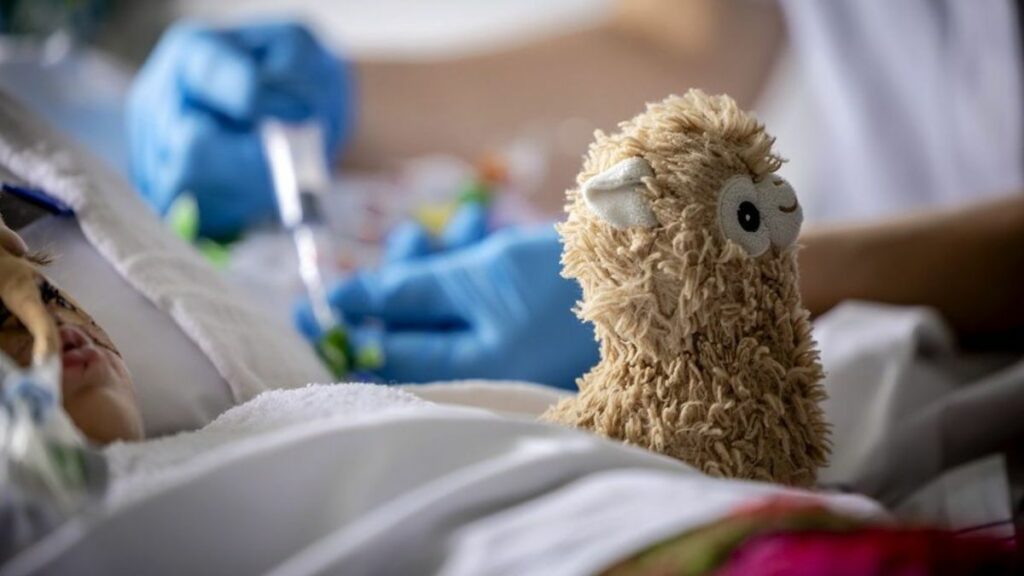A recent report by the Canadian Special Joint Committee on Medical Assistance in Dying recommended the further expansion of euthanasia, or medical assistance in dying (MAID), in Canada. One of the key recommendations was to include children, specifically “mature minors,” in the scope of euthanasia. This means that, in certain cases, the will of a child who is deemed capable of decision-making would take priority over the input of parents or guardians.
The Dutch government also plans to extend euthanasia to children, but in this case, the focus is on children under the age of 12. Health Minister Ernst Kuipers announced that regulations allowing euthanasia for children under 12 could be implemented within the year. The extension of the Groningen Protocol, which currently applies to newborns, would now encompass children between the ages of 1 and 12. Concerns have been raised that this move could potentially lead to euthanasia deaths for children with treatable conditions.
In Australia’s Capital Territory, plans are underway to legalize euthanasia, and the proposed legislation does not limit the practice to consenting adults. Namely, the government plans to allow teenagers as young as 14 to be eligible for euthanasia, remove expected death timelines, and explore euthanasia for dementia patients.
The issue of extending euthanasia to children raises questions about consent, as children are not adults and may not be capable of fully understanding the implications of such a decision. Additionally, the concept of euthanizing infants with disabilities has been advocated by certain organizations and individuals. This perspective aligns with a philosophy that justifies the killing of infants and people with disabilities based on their perceived lack of cognitive capacity or a deemed lack of future quality of life.
The debate around child euthanasia is not limited to Canada, Australia, and the Netherlands, as it is already permitted in Belgium. The approval of euthanasia for infants and individuals with disabilities is a deeply contentious and eugenic concept. It allows for the killing of those deemed “unworthy of life” by society, which raises significant ethical and moral concerns. The fundamental principle of human equality is undermined when one group (medical professionals) is granted the power to end the lives of others. It is essential to recognize and protect the equal right to life for every human being.
